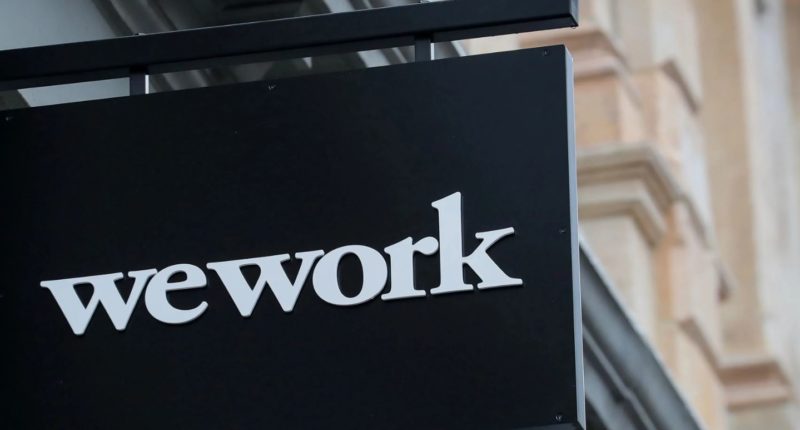Once a soaring star in the co-working industry, WeWork has now filed for Chapter 11 bankruptcy protection in a New Jersey federal court, as anticipated for a while now. This dramatic move follows a series of challenges that have plagued the company, including the impacts of the pandemic and the unprecedented shift from working from the office to remote working owing to nationwide lockdowns. This comes after WeWork told the US Securities and Exchange Commission that it had made agreements with creditors to temporarily postpone some of its debt payments last week. The news itself is unsurprising, given that WeWork had admitted in August that going bankrupt is a distinct concern for the company.
WeWork’s bankruptcy filing is limited to its locations in the US and Canada, according to media reports. The company has also reported liabilities ranging from $10 billion to a staggering $50 billion, marking one of the most significant corporate bankruptcies in recent memory. In an official statement, the company noted that it was bringing a “comprehensive reorganization to strengthen its capital structure and financial performance” in order to “best position the Company for future success.” WeWork further informed that it has already reached restructuring agreements with creditors holding 92% of its debt, and is currently “requesting the ability to reject the leases of certain locations, which are largely non-operational and all affected members have received advanced notice.”
